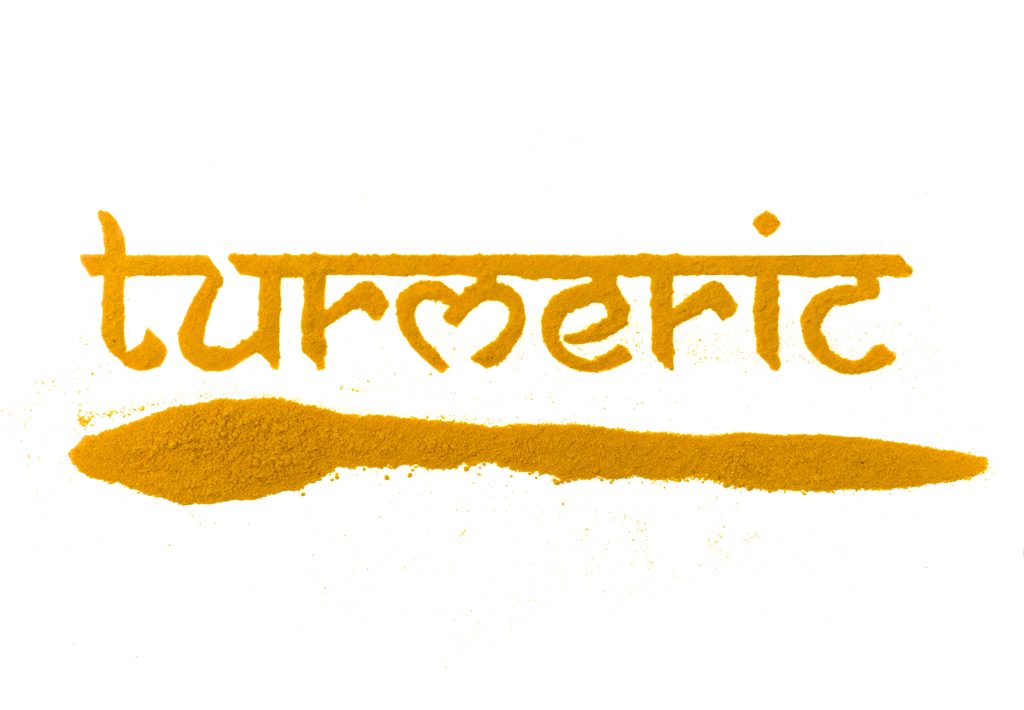Health Benefits of Turmeric
- BARE Creations
- July 27, 2022
- 1:45 pm
- No Comments

You probably know turmeric as the bright yellow spice in your cabinet with a peppery and slightly bitter taste. What you may not know is that aside from adding flavour to your curry, turmeric has a wide array of health and wellness benefits. An herb native to South Asia but grown all over the world, turmeric is used in many different ways. Because of its natural anti-inflammatory and antioxidant properties, its medical uses to fight disease, aging, and other ailments are myriad. Below you’ll find some of the incredible health benefits of turmeric.
Turmeric Is a Natural Anti-Inflammatory
The active ingredient within turmeric is called curcumin. Curcumin has proven anti-inflammatory properties, meaning it blocks the action of inflammatory molecules within the body. While inflammation is a necessary immune response wherein chemicals from your white blood cells ward off unwelcome invaders such as infections or foreign bodies, it can have detrimental long-term effects, including heart disease and cancer. Curcumin has been shown to have positive effects for people suffering from several inflammatory diseases.
Turmeric May Grow Your Brain
While turmeric’s distinctive yellow color adds vibrancy to any dish, its components are also food for your brain. Curcumin may increase brain levels of brain-derived neurotrophic factor, or BDNF, a protein which plays a role in memory and learning. Decreased levels of BDNF have been shown in patients with depression and Alzheimer’s. While studies showing the positive benefits of curcumin to brain development have mainly been done on animals, they are certainly promising for humans as well.
Curcumin Is a Powerful Antioxidant
You may have heard of the benefits of antioxidants – but what do they actually do? Antioxidants protect your body against free radicals, which are unstable molecules that react with other healthy components in your body, like fatty acids, proteins, and DNA. These reactions can accelerate harmful processes in your body, such as aging and illness. The structure of curcumin in turmeric allows it to neutralize these harmful free radicals and thus promote your overall health.
Curcumin Fights Multiple Forms of Arthritis
Because of its anti-inflammatory properties, curcumin is a great tool in reducing the pain, stiffness, and inflammation associated with both osteoarthritis and rheumatoid arthritis, the most common forms of arthritis. As recently as August 2021, a study showed that patients suffering from osteoarthritis taking a 1000 mg mixture including 75% curcumin exhibited a significant improvement in physical function compared to a control group. Similar results were also found in a group suffering from swollen joints due to rheumatoid arthritis.
Turmeric and Curcumin Have Anti-Cancer Benefits
There have been many studies of turmeric in patients with various types of cancer, both taken orally and as a topical treatment. Overall, its anti-inflammatory property is useful because cancer is characterized by uncontrolled cell growth, and research in mice has shown turmeric can be effective in slowing this growth. In addition to fighting cancerous cells, benefits have also been shown in reducing the various symptoms and ailments that come along with cancer and its treatments. Turmeric and curcumin have also shown potential as preventative for certain cancers. Oftentimes for the specific treatment of these symptoms, additional supplements may be needed to help the body better absorb the curcumin.
Turmeric May Promote Healthy Skin
In addition to its anti-inflammatory and antioxidant properties, curcumin is also antimicrobial, meaning it reduces growth of certain types of bacteria. This is good news for your skin. While more research is needed to prove long-term effectiveness, preliminary studies showed a statistically significant improvement in skin conditions including acne, alopecia, psoriasis, atopic dermatitis, and vitiligo with topical and oral use of turmeric and curcumin.
Turmeric Can Protect You from Heart Disease
It’s widely known that heart disease is the number one cause of death around the world. While many different factors contribute to heart disease, curcumin has shown a positive effect in improving the health of the membrane that covers the inside of your heart and blood vessels, helping to regulate blood pressure. In one study, taking curcumin was as effective in a certain group of women as 8 weeks of aerobic exercise. While more research should be done, these are promising results showing the potential for curcumin in the treatment and prevention of heart disease.
https://www.mskcc.org/cancer-care/integrative-medicine/herbs/turmeric
https://www.nuffieldhealth.com/article/the-health-benefits-of-turmeric
https://www.everydayhealth.com/diet-nutrition/diet/scientific-health-benefits-turmeric-curcumin/
https://pubmed.ncbi.nlm.nih.gov/27213821/
 FREE SHIPPING WITHIN CANADA ON ORDERS OVER $35
FREE SHIPPING WITHIN CANADA ON ORDERS OVER $35
